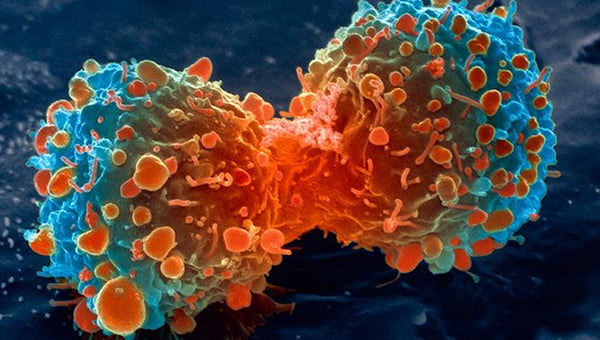One Million Cancer Cases Missed Across Europe In Last Two Years

New Delhi: Europe will carry the burden of missing out on the early diagnosis and treatment of cancer during the pandemic. A new study indicates that it will probably set back cancer outcomes in the region by almost a decade.
In a study published in Lancet Oncology, the European Groundshot Commission on cancer research gathered detailed new data on cancer research activity across Europe during the past 12 years. It revealed that an estimated one million cancer cases were missed across Europe in the last two years.
The report puts focus back on cancer research and on the European government to deliver more affordable, higher quality, and more equitable cancer care. The team of researchers analysed data on the impact of the COVID-19 pandemic across Europe and found that clinicians saw 1.5 million fewer patients with cancer in the first year of the pandemic, with one in two patients with cancer not receiving surgery or chemotherapy in a timely manner.
“We are now in a race against time to find these missing cancers. Additionally, we saw a chilling effect on cancer research with laboratories shut down and clinical trials delayed or cancelled in the first pandemic wave. We are concerned that Europe is heading towards a cancer epidemic in the next decade if cancer health systems and cancer research are not urgently prioritised,” Professor Mark Lawler, lead author of the paper was quoted as saying.
While 100 million cancer screening tests were missed, the study estimates that up to one million European citizens might have undiagnosed cancer due to the cancer backlog.
“UK cancer research in the post-Brexit world stands at a crossroads where strategic decisions will determine whether we continue to thrive and partner internationally or whether isolationism will reduce our world standing.” Professor Richard Sullivan, Professor of Cancer and Global Health at King’s College London added.
The paper urges the government to put focus on central and eastern Europe as findings emphasise the widening gap in cancer research activity, capacity, and outcomes, compared with the rest of Europe. They have given 12 key recommendations within a call to action to reimagine cancer research and its implementation in Europe.
“We have an unrivaled opportunity to reimagine cancer research and its implementation to achieve our ambitious 70: 35 Vision, an average of 70% 10-year survival for patients treated for cancer in Europe by 2035. Let’s grasp this opportunity,” Professor Lawler added.

Comments are closed.